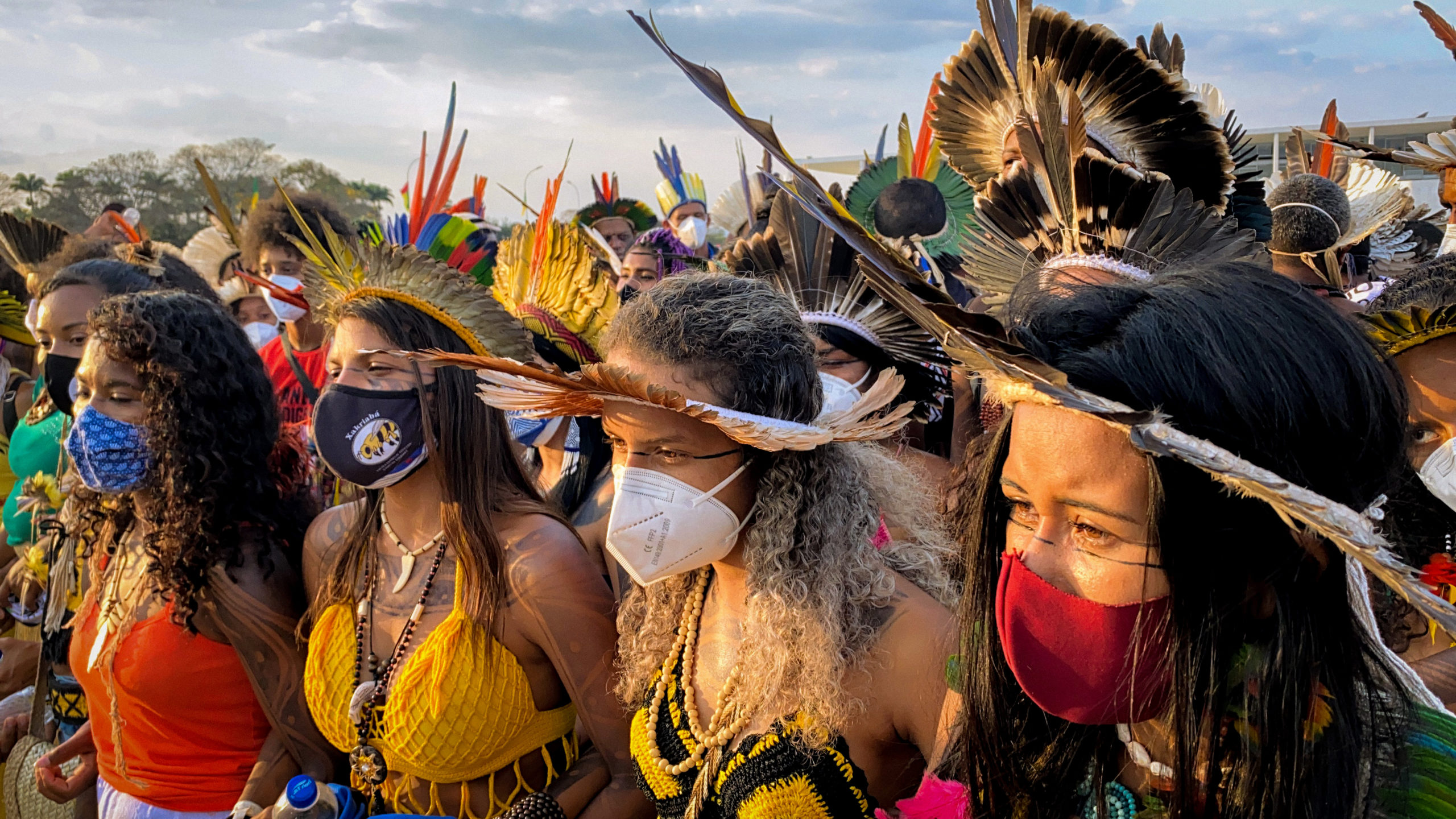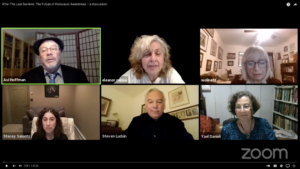“The UNISINOS Human Rights Center (NDH), along with with CIMI (Indigenist Missionary Council), Franciscans International and the Benjamin Ferencz Human Rights and Atrocity Prevention Clinic of Cardozo Law School, filed a petition requesting the adoption of Early Warning and Urgent Action Procedures to the Committee on the Elimination of Racial Discrimination, in August 2020. The petitioners reported the vulnerable situation of indigenous peoples in Brazil aggravated by the dismantling and rigging of institutions and services in charge for assisting these populations during the COVID-19 Pandemic. According to the petitioners, this population has been disproportionately affected by the virus and the social consequences of the pandemic. In a context of pre-existing vulnerabilities, the Federal Government has been crucial to increase the risk for deaths and severe deprivations amidst these communities, either by failing to adopt efficient public policies to prevent the virus from entering the communities and to provide for care to the infected indigenous people or by taking measures to encourage the encroachment of loggers and miners within indigenous lands. The governmental recklessness and omission amount to a discriminatory pattern against indigenous communities.
In view of these allegations, on August 25, 2021, the Committee for the Elimination of Racial Discrimination requested the Brazilian State to inform about:
a) Measures taken to ensure that indigenous peoples have access without discrimination to quality and culturally adequate health services, treatment and vaccines against
COVID-19, including for those indigenous individuals living outside official indigenous lands (“Indigenous Land” “);
(b) Actions taken to include and consult indigenous peoples in the decision-making process on measures to prevent and combat the COVID-19 pandemic and its effects on their communities;
(c) Measures taken to accurately record the deaths of COVID-19, including those of indigenous peoples, and to ensure that burials of indigenous peoples can take place in accordance with their culture and traditions, and in consultation with them;
(d) The investigations initiated into the aforementioned incidents of police violence against Afro-Brazilians, the measures taken to ensure that they are conducted independently, completely and impartially, and the results of those investigations;
(e) Measures taken to prevent police violence against Afro-Brazilians, as well as to investigate the structural dimension of police violence and racial discrimination against Afro-Brazilians, and inform the Committee of the results;
(f) Measures taken to ensure full compliance with the Federal Supreme Court’s decision to prohibit police operations in communities in Rio de Janeiro during the COVID-19 pandemic. Still regarding the serious situation of Indigenous Peoples in Brazil, the UNISINOS Human Rights Center, along with the Lutheran Foundation of Diaconia, the Cardozo Law Human Rights Clinic, and the International Human Rights Clinic of University of Oklahoma were admitted by the Brazilian Supreme Court as amici curiae in a lawsuit that will determine whether the indigenous communities hold the right to have their land titled and demarcated in case they were not occupying them in 1988, at the time of the enactment of the current constituent. The Amici uphold the so called “timeframe doctrine” is not only inconsistent with Brazilian Constitution, and International Human Rights Law, but also amount to risk for atrocities against Indigenous Peoples, as most of communities were forced expelled from their lands throughout the 20thcentury by third parties and government, who was in charge of caring these peoples. Today, the lands under dispute are mostly occupied by farmers, that is why agribusiness sector is strongly pressuring the Supreme Court to preclude land demarcations in Brazil.
The Amici defend that denying the right to occupy their ancestral lands means to increase the risk factors for atrocities, especially the crime of genocide, what was already noted by UN Special Adviser on the Prevention of Genocide, Wairimu Nderitu, in July 2021, when manifested about the situation of Indigenous Peoples in Brazil.”



